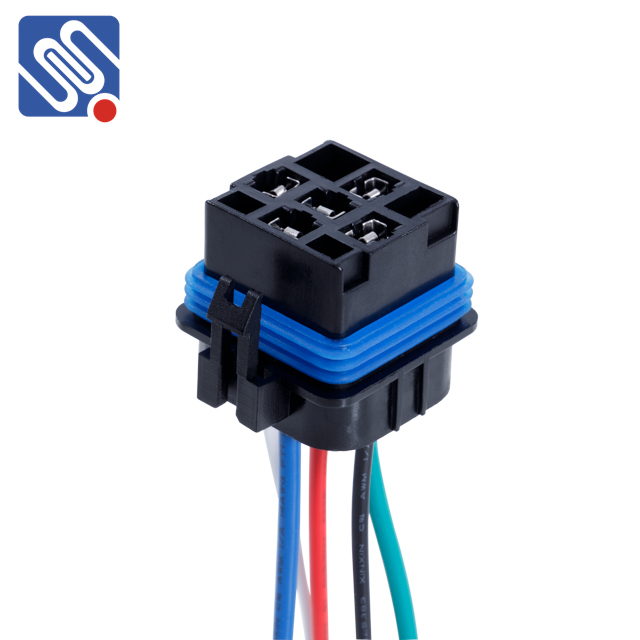Relay connectors are crucial components in electrical systems, facilitating the safe and efficient transfer of electrical signals and power. These connectors play an essential role in connecting a relay to a circuit, enabling the relay to control high-voltage systems using low-voltage signals. Used in a wide range of applications from automotive to industrial machinery, relay connectors ensure that the relay operates securely and reliably. This article delves into the purpose, types, and significance of relay connectors in various industries.

What are Relay Connectors? Relay connectors are designed to provide a reliable electrical connection between a relay and the circuits it controls. Relays are electromechanical devices that use a small electrical signal to control a much larger current. Essentially, relays act as switches, allowing a low-power control circuit to operate a higher-power circuit without direct contact. For the relay to function properly, it must be connected to the relevant circuits, and this is where the relay connector comes in. Relay connectors ensure that the power and signal connections between the relay and other parts of the circuit are stable and secure. These connectors are designed to handle various electrical loads, depending on the relay’s intended application, and they come in different sizes and configurations to suit the needs of the system.